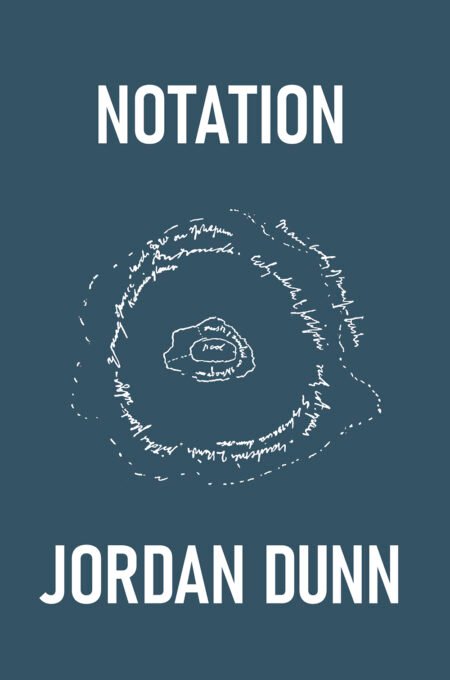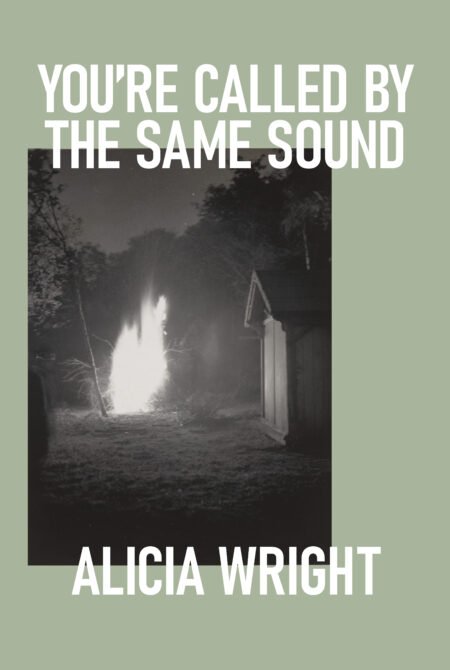Description
In Walden Pond, Patty Nash probes and plays with the first-person pronoun, investigating the construction of national identities and the way nations construct the identities of individuals in turn. From the medieval merchant town of Lübeck to the high desert of central Oregon, the Adriatic Sea to the Metropolitan Museum of Art, Nash explores and interrogates the historical forces that shape her—and our—“I”. Henry David Thoreau, author of Walden (1854), declared, “I should not talk so much about myself if there were anybody else whom I knew as well.” Nash responds: “Content am I.”
Praise
Through a series of experiments in form—precursors, preambles, scenarios, doors—Patty Nash’s Walden Pond takes you into nature, alright. With each turn of word and line, we are more and more naturalized as co-travelers in an itinerant journey through America, gender, capitalism, “the sea of frightening possibility,” aka, thought. These poems sculpt a new type of fragment—endless, bountiful, controlled shift of fragment—until I hear myself think in fragment, know in fragment, feel in fragment. “Trust me / Nothing will happen / Then anything can.” Walden Pond is a set of trust falls, and yet I always knew to trust it’s voice. – SARA DENIZ AKANT
Restless, playful, deeply strange, the poems in Walden Pond read like scripts for a long-lost masque commissioned by a mad but hyper-literate archduke. Von Kleist in Hollywood. Goldilocks, having read Freud. reader i am trying to give you an idea. These poems wear costumes. They are costumes. They have a formal intelligence, perform intricately constructed language games: “silkwormish.” They might be a hoax. – SARA NICHOLSON
Poetry is the art of dislocation. Such is the case of this book, with its dislocation of setting, dislocating syntax, and dislocated semantics. Patty Nash asks: what is the unit of poetic speech, and what holds a sequence of such units together? That is to say: what is the unit of experience, and what holds a sequence of such units together? It is her sophisticated ear, perfect rhythm, and cleanness of diction that hold the dislocated together. – EUGENE OSTASHEVSKY
About the author
Patty Nash’s work has appeared in Sixth Finch, West Branch, DIAGRAM and elsewhere. She received MFAs in poetry and literary translation from the Iowa Writers’ Workshop and the University of Iowa. She lives in Berlin, Germany.





Reviews
There are no reviews yet.